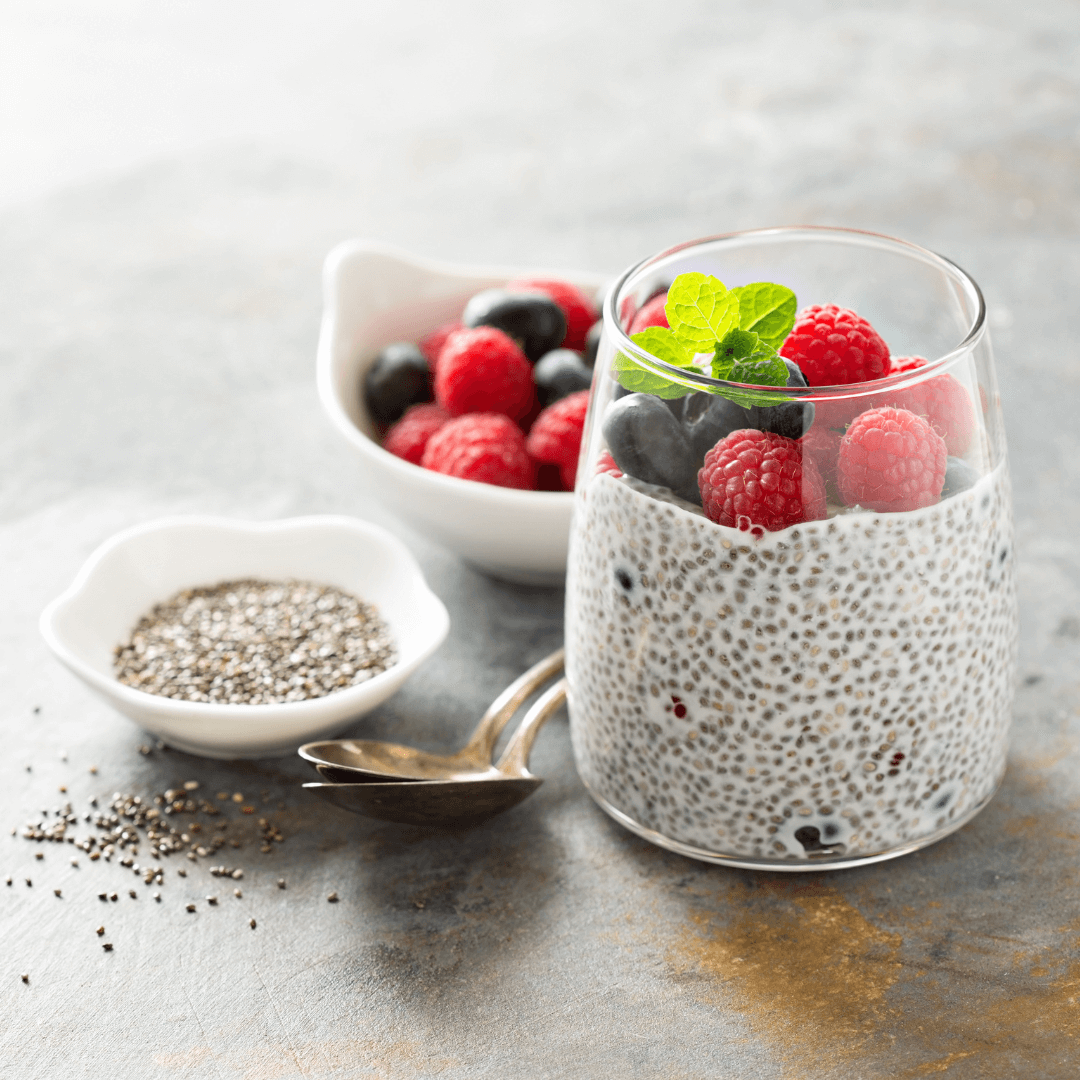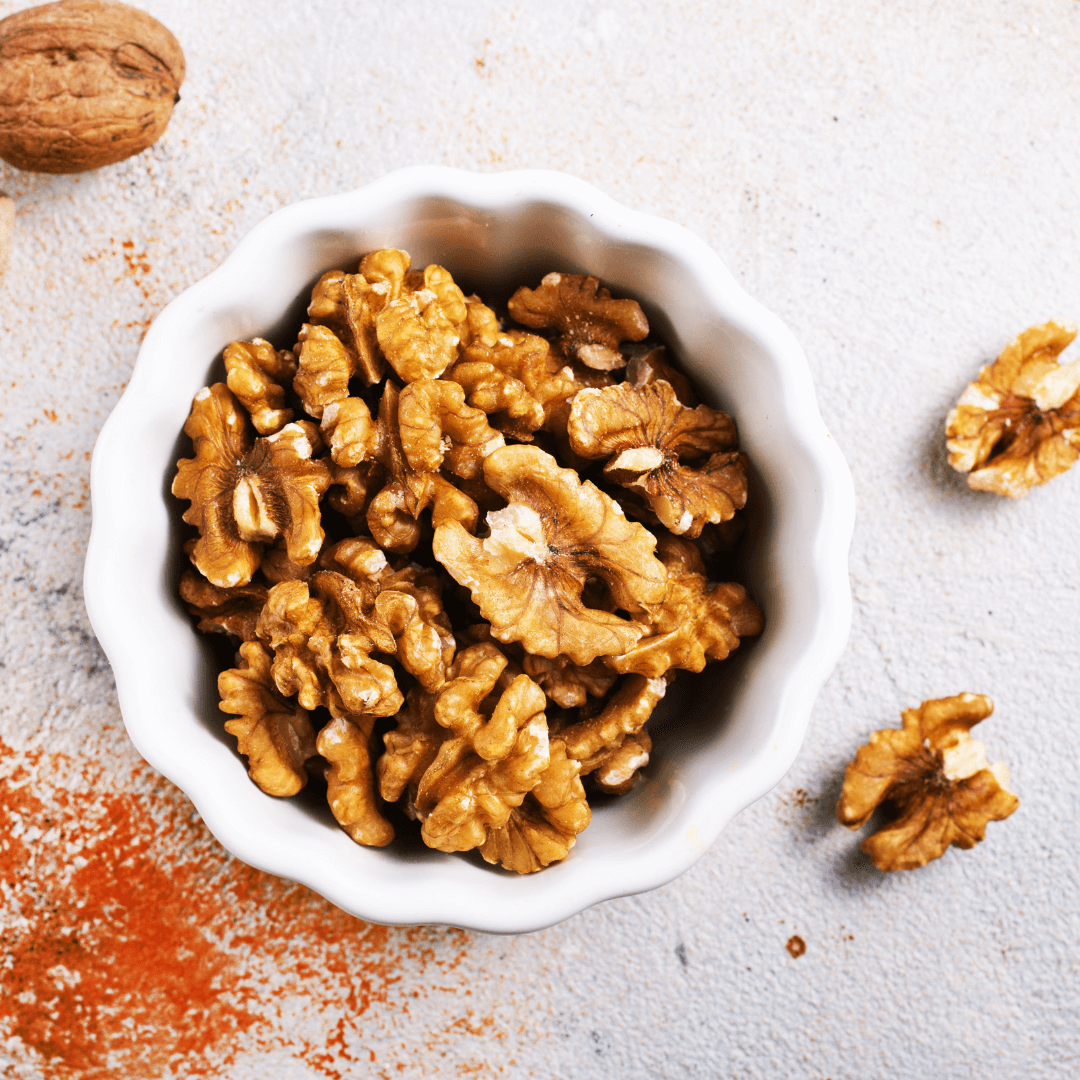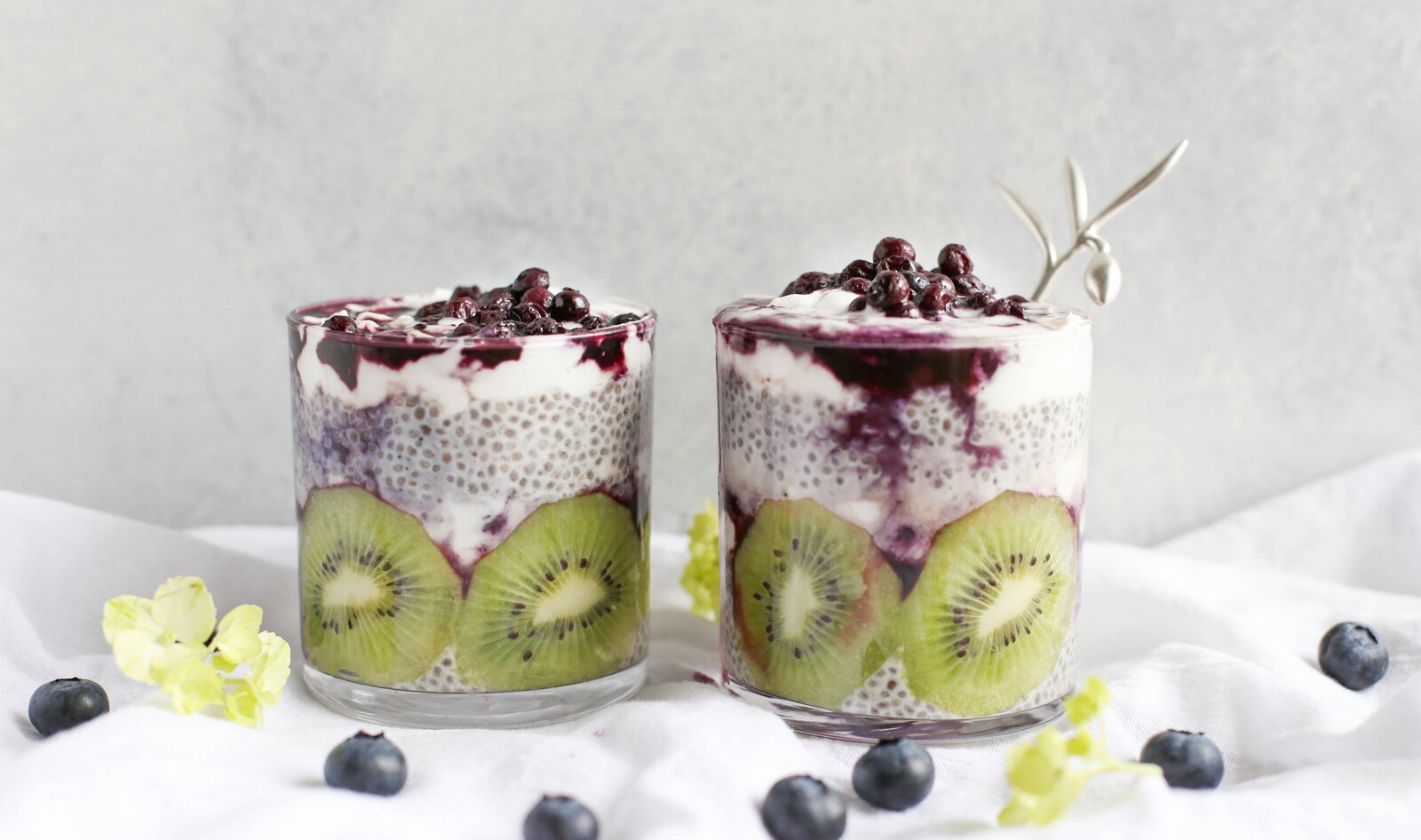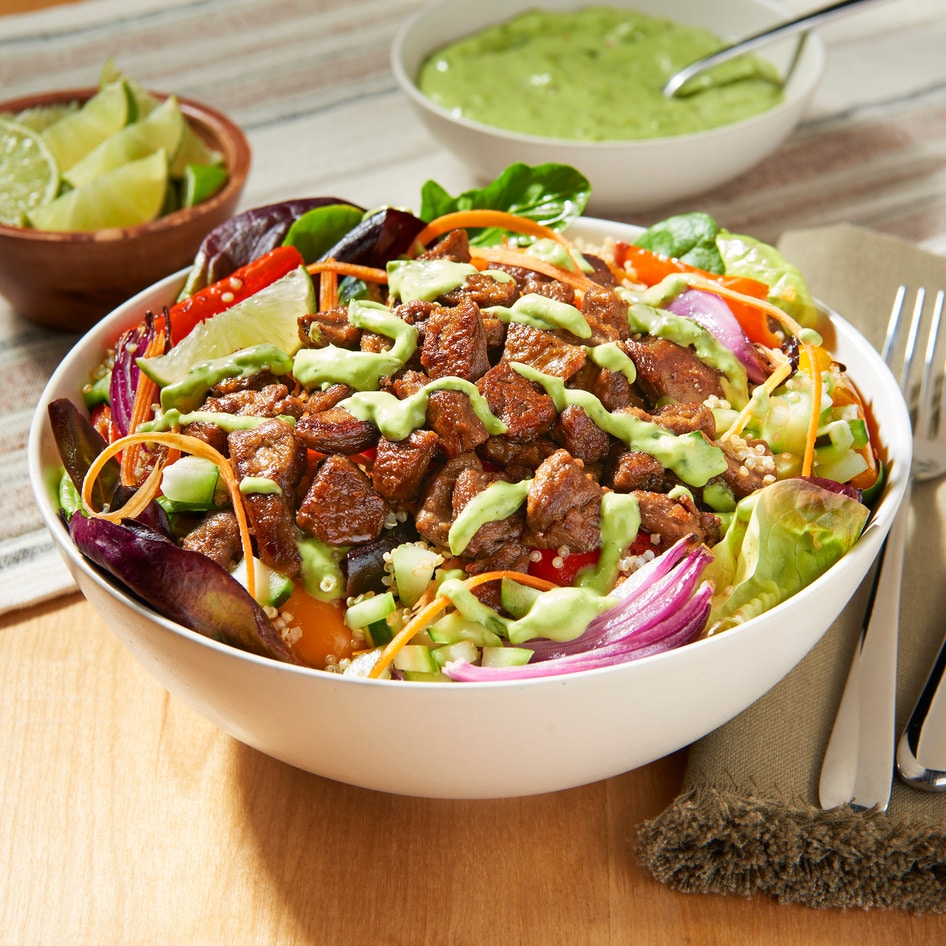Whether it’s from an ad on television or your doctor, you’ve likely heard that omega-3 fatty acids provide many health benefits. According to the National Institutes of Health (NIH), these essential nutrients provide your body with energy, prevent vision loss, support brain health, improve cognitive function, and protect your heart by reducing your risk of cardiovascular disease. However, not getting enough (or too much) omega-3s can have consequences for your health. So, what’s a vegan to do when the most common dietary sources of omega-3s are fish and other seafood, and the vast majority of omega-3 supplements are derived from fish oil? Read on. It is possible to obtain enough omega-3 fatty acids on a vegan diet, but first, you need to understand how much you actually need. Here is how to optimize your omega-3 intake and live your best vegan life.
What are omega-3s?
Omega-3s are essential fatty acids, meaning you need to acquire them through food as your body cannot produce them on its own. Omega-3 fatty acids are vital components of the membranes surrounding every cell in your body. They’re also anti-inflammatory and help support communication between cells.
 The three types of omega-3s are alpha-linolenic acid (ALA), docosahexaenoic acid (DHA), and eicosapentaenoic acid (EPA). ALA is the plant-based omega-3, most commonly found in walnuts, chia seeds, flax seeds, hemp seeds, Brussels sprouts, kidney beans, and other whole plant foods. DHA and EPA are found in marine foods such as algae, seaweed, fish, and other seafood.
The three types of omega-3s are alpha-linolenic acid (ALA), docosahexaenoic acid (DHA), and eicosapentaenoic acid (EPA). ALA is the plant-based omega-3, most commonly found in walnuts, chia seeds, flax seeds, hemp seeds, Brussels sprouts, kidney beans, and other whole plant foods. DHA and EPA are found in marine foods such as algae, seaweed, fish, and other seafood.
Each of the omega-3 fatty acids is necessary for staying healthy, but DHA and EPA are of particular importance. A 2012 article published in Advances in Nutrition reports that DHA and EPA are critical for heart health, brain health, cognitive function, and fetal development. The marine omega-3s have also been found to help reduce heart disease risk, prevent macular degeneration (vision loss), and help treat Alzheimer’s disease. Interestingly, our bodies can convert ALA into DHA and EPA. However, this process is ineffective and the conversion rate varies based on the individual. Generally, our bodies cannot convert sufficient amounts of ALA into DHA and EPA; therefore, we need to seek out these two variations through food or supplements.

“Omega-3 fatty acids are essential fats that we must get from food because we don’t produce them in our bodies. Omega-3s are long-chain polyunsaturated fats (PUFAs) typically associated with fish/fish oils, but that’s because of marketing,” Dana Ellis Hunnes, PhD, MPH, RD, senior dietitian at the UCLA Medical Center and author of Recipe for Survival, tells VegNews.
“We can get all the omega-3s we need from plant-based sources,” says Ellis Hunnes.
The problem with getting omega-3s from fish
Foods such as sardines, salmon, mackerel, and fish oil supplements have long been touted as the ideal sources of omega-3s. However, you may be surprised to learn this is not the case. DHA and EPA aren’t produced by fish but by algae. Fish are high in omega-3s because algae is a significant part of their diets. Algae are plant-based sources of DHA and EPA that are safe for everyone to consume, including vegans and vegetarians.
Besides the ethical and environmental implications of eating fish and using them to produce fish oil supplements, fish are high in mercury—a naturally occurring heavy metal that’s highly toxic and accumulates in the bodies of fish. When you eat fish high in mercury, that mercury can build up in your blood over time and negatively impact your health. In addition, many fish eat microplastics that have chemical residues in them. These microplastics can attach to fatty acids, such as omega-3s. Furthermore, current overfishing practices are a growing environmental and sustainability issue.
“There are a lot of toxins in our environment and many of them often end up in the ocean. For example, eight million metric tons of plastics end up in the ocean each year, and plankton eat them, bigger fish eat them, and so on,” Ellis Hunnes explains. “These plastics/chemicals get stored in fish fat. In addition, mercury is another toxin in the environment and in larger fish (tuna and sharks). So getting omega-3s from plant-based sources essentially eliminates this risk.”
How much omega-3 do you need?
So what can you do to get adequate amounts of DHA and EPA if you don’t consume fish or their oil? Cut out the middleman. Vegans can supplement their omega-3 intake with plant-based algae oil. Research shows that eating seaweed or taking an algae oil supplement boosts DHA levels more effectively than eating foods rich in ALA.

However, Ellis Hunnes says supplementing isn’t necessary—if you know what to eat.
“If people eat enough omega-3s from plant sources such as walnuts, chia seeds, flax seeds, and their oils, there’s no need to supplement omega-3. Moreover, a lot of literature suggests a whole food plant-based diet is far healthier and better for you than an unhealthy standard American diet supplemented with omega-3,” explains Ellis Hunnes.
Currently, the recommended daily intake (RDA) for ALA is 1.6 grams for men and 1.1 grams for women. As for DHA and EPA, there’s no official RDA. However, most experts and health organizations agree that 250 to 500 milligrams of combined DHA and EPA is adequate for most adults. According to the NIH, the symptoms of an omega-3 deficiency often appear on the skin as rough, scaly patches or a red, swollen, itchy rash. Conversely, if you overdo it and consume too much omega-3, you could experience some unwanted side effects, such as elevated blood sugar, increased risk of bleeding, low blood pressure, diarrhea, acid reflux, stroke, and insomnia, according to the experts at Healthline.
The bottom line on omega-3s
At the end of the day, don’t stress over your omega-3 intake. Vegans, vegetarians, and omnivores can get enough omega-3 fatty acids through plant sources such as walnuts, brussels sprouts, seeds, seaweed, and algae. It’s a wise decision to take a plant-based algae oil supplement as an insurance policy to ensure you get enough DHA and EPA to protect your heart and brain health. Be cautious and speak with your healthcare provider before taking any new supplements.
For more on vegan nutrition, read:
JUMP TO ... Latest News | Recipes | Guides | Health | Shop








